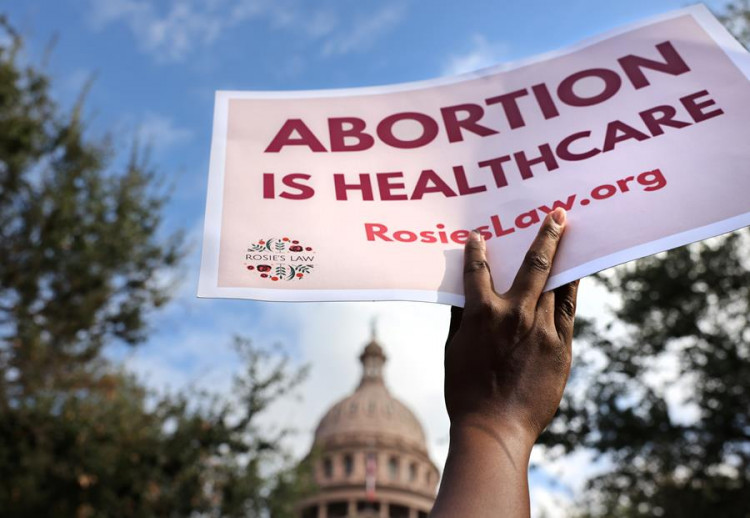In a landmark legal move that challenges Texas' stringent abortion laws, Kate Cox, a 31-year-old mother of two, has filed an emergency lawsuit seeking the right to terminate her high-risk pregnancy. Cox, who is currently 20 weeks pregnant, has faced severe health complications due to a diagnosis of trisomy 18, a fatal chromosomal condition, in her unborn baby.
Cox's lawsuit, which is one of the first of its kind since the overturning of Roe v. Wade, brings to light the harrowing ordeal she has endured. Due to the baby's condition and her history of two cesarean sections, Cox's pregnancy poses a significant risk to her life and future fertility, including potential uterine rupture and the need for a hysterectomy.
Trisomy 18, also known as Edwards syndrome, is a condition that often results in fetal death before birth or shortly after. In Cox's case, the baby is not expected to survive more than a few days outside the womb. Despite these dire circumstances, Cox's doctors have informed her that their 'hands are tied' due to Texas' abortion bans, leaving her with no other choice but to wait for the baby's heartbeat to stop or to carry the pregnancy to term.
The legal action filed in Travis County, Texas, seeks a temporary restraining order to exempt Cox, her husband Justin, and her OB-GYN, Dr. Damla Karsan, from the state's abortion bans. The lawsuit emphasizes that while Cox's life is not imminently at risk, the continued pregnancy significantly increases the dangers to her health and future fertility.
The lawsuit is part of a broader legal challenge against Texas' abortion laws. In the Zurawski v Texas case, 20 women and two OB-GYNs, including Dr. Karsan, are suing the state for denying abortions during dangerous pregnancy complications. The state's Supreme Court heard arguments in the Zurawski case, and plaintiffs are awaiting a ruling.
Cox's situation highlights the urgency of her case, as the longer she remains pregnant, the higher the risks to her health and fertility. She filed the emergency motion because she cannot afford to wait for a decision in the Zurawski case.
In her statement, Cox poignantly expressed her anguish and the necessity of her decision, stating, "It is not a matter of if I will have to say goodbye to my baby, but when. I do not want to continue the pain and suffering that has plagued this pregnancy. I do not want to put my body through the risks of continuing this pregnancy. I do not want my baby to arrive in this world only to watch her suffer."
Nancy Northup, president and CEO of the Center for Reproductive Rights, emphasized the life-threatening risk posed by Texas and other states with similar bans. The court's urgent response is crucial for women like Cox, who should not be forced into legal battles to protect their health and preserve their future fertility.
This lawsuit, therefore, not only seeks justice for Cox but also represents a significant moment in the ongoing struggle for reproductive rights in the United States. It underscores the complex and often painful decisions faced by women in states with restrictive abortion laws and the need for legal clarity and compassion in such life-altering situations.






